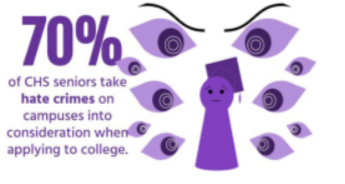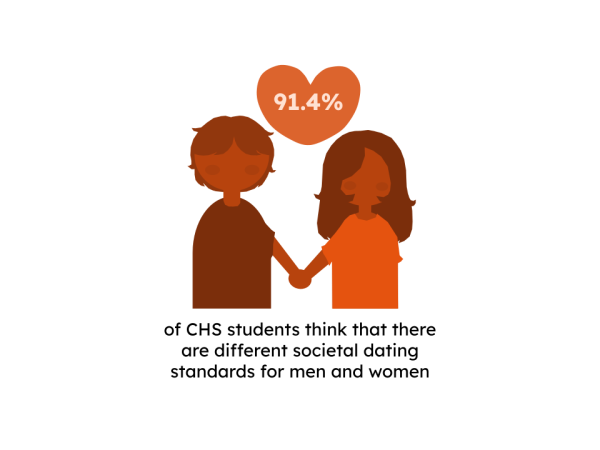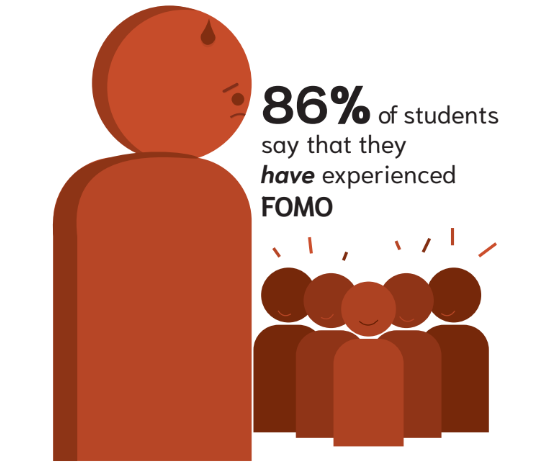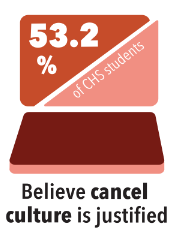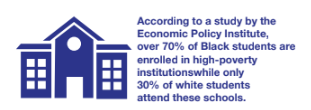College applicants struggle with standardized tests amid pandemic
UNSPLASH PHOTO COURTESY OF SHARON McCUTCHEON
Students struggle with being able to take standardized tests to use for college applications. https://unsplash.com/license
October 9, 2020
On Aug. 29, senior Abby Fuller of Brielle put on her mask and drove down to Donovan Catholic High School in Toms River to take the SAT. Despite taking the test last November, Fuller signed up to retest in August, after seeing Spring tests being canceled. Although many colleges across the country no longer require test scores for admission, all have different requirements and use test scores for different purposes.
“Even though most colleges are test-optional… I still wanted to have them just in case there is a situation where I will need them last minute,” Fuller said. “I want to be prepared for any requirements any college has.”
The challenges of taking a standardized test during a pandemic are numerous. The College Board has cancelled the March, May, and June SATs, and although a test date occurred on August 29, closures of individual test centers made getting a seat enormously difficult. In New Jersey, 73 test centers offering the August SAT closed, most without a determined makeup date. ACT students have dealt with a similar fate. In mid-April, the College Board announced that it was developing an online at-home version of the SAT, similar to the 2020 AP exams, but plans were scrapped less than a month later.
To adapt to the current circumstances, colleges across the country are going test-optional, meaning applicants are not required to submit SAT or ACT scores to be considered for admission. The number of test-optional schools is immense: over 1,500 colleges and universities have declared test-optional policies for the 2021 admissions cycle, according to the National Center for Fair and Open Testing.
While most schools are pursuing test-optional policies only for the 2021 admissions cycle, some are pushing for longer-term changes. On May 21, The University of California system’s governing board voted unanimously in approval of an ambitious plan to gradually fade away using SAT and ACT tests. UC schools will remain test-optional for 2021 and 2022 and will shift to being test-blind for 2023 and 2024. In 2025, the university will eliminate all use of the SAT and ACT, and instead develop a new content-based exam that will aim to “[reduce] the social and monetary burdens associated with the currently required ACT/SAT tests,” according to University of California president Janet Napolitano.
The University of California’s decision has already begun to change the future of college admissions, as more and more colleges across the United States are already calling off testing for good. The decision to eliminate the only system of measuring academic merit America has known since World War I is not just because of the lasting societal impacts COVID-19 will have, but also because the national effort in eliminating systemic racism — the SAT and its racist past being just one of such systems. While something as simple as a college going test-optional may seem small, these small actions, when put together, are essential to transforming our society into one that is more just for all people.







